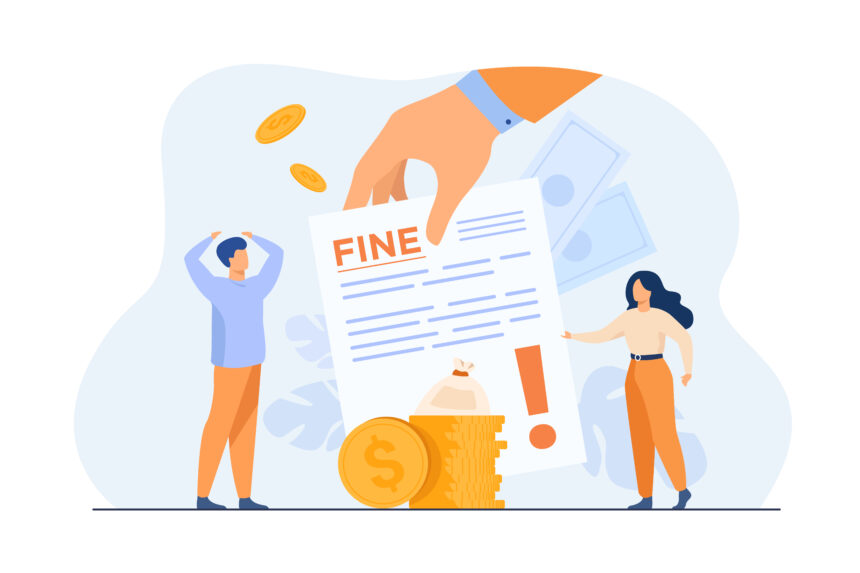When you take out a loan, whether it’s for a home, a car, or any other significant purchase, the goal is often to repay it as quickly as possible to save on interest payments. However, many borrowers are surprised to discover that their loan agreements contain prepayment penalties, which can significantly impact their ability to pay off the debt ahead of schedule. In this article, we will delve into the world of loan prepayment penalties, helping you understand what they are, how they work, and the costs associated with early repayment.
What are Loan Prepayment Penalties?
Loan prepayment penalties are fees imposed by lenders when borrowers repay their loans in full before the designated term expires. These penalties are meant to compensate lenders for the potential loss of interest income that they would have earned had the borrower continued making payments as agreed upon in the loan agreement. Essentially, they act as a deterrent to early repayment and help lenders ensure a predictable stream of interest income.
Types of Prepayment Penalties
There are various types of loan prepayment penalties, and the specific terms and conditions can differ between lenders and loan agreements. The most common types include:
- Percentage of the Outstanding Balance: This penalty is calculated as a percentage of the remaining loan balance. For example, a lender may charge 2% of the outstanding balance if the borrower chooses to prepay the loan.
- Months of Interest: In this case, the penalty is calculated based on the number of months of interest payments the lender would have received if the loan continued as scheduled. For instance, the borrower may be required to pay six months’ worth of interest as a penalty for early repayment.
- Yield Maintenance: This type of penalty is primarily associated with commercial real estate loans. It requires borrowers to pay the lender the present value of the remaining interest income, ensuring that the lender is compensated fully for the lost interest.
The Impact of Prepayment Penalties
Loan prepayment penalties can have both financial and psychological impacts on borrowers. On the financial side, borrowers need to carefully evaluate whether the benefits of early repayment outweigh the costs of the prepayment penalty. If the penalty is substantial, it may negate the potential savings from reduced interest payments, making early repayment less advantageous.
Moreover, prepayment penalties limit the flexibility and freedom of borrowers. Life circumstances can change, and the ability to pay off a loan early can be a significant relief in times of financial uncertainty. However, prepayment penalties can deter borrowers from exercising this option, trapping them in long-term debt obligations.
Exceptions and Regulations
It is important to note that not all loans come with prepayment penalties. Government-backed loans, such as Federal Housing Administration (FHA) and Veterans Affairs (VA) loans, typically do not include prepayment penalties. Additionally, some states have laws prohibiting or limiting the use of prepayment penalties in certain loan types, providing borrowers with added protection.
Understanding Loan Terms and Negotiating
Before entering into any loan agreement, it is crucial to carefully review the terms and conditions. Pay close attention to any mention of prepayment penalties, their calculation methods, and whether they are applicable throughout the entire loan term or only during a specific period. If you encounter a prepayment penalty clause, consider negotiating with the lender for more favorable terms, such as reducing or waiving the penalty altogether.
Conclusion
Loan prepayment penalties can significantly impact borrowers who seek to pay off their debts early. Understanding the different types of penalties and their associated costs is essential when considering early repayment options. It is crucial to review loan agreements thoroughly and be aware of any prepayment penalty clauses. By being well-informed and proactive, borrowers can make informed decisions and potentially negotiate more favorable terms with lenders, allowing them to save money and gain financial freedom.










